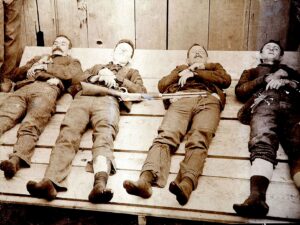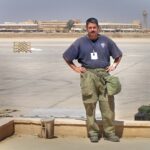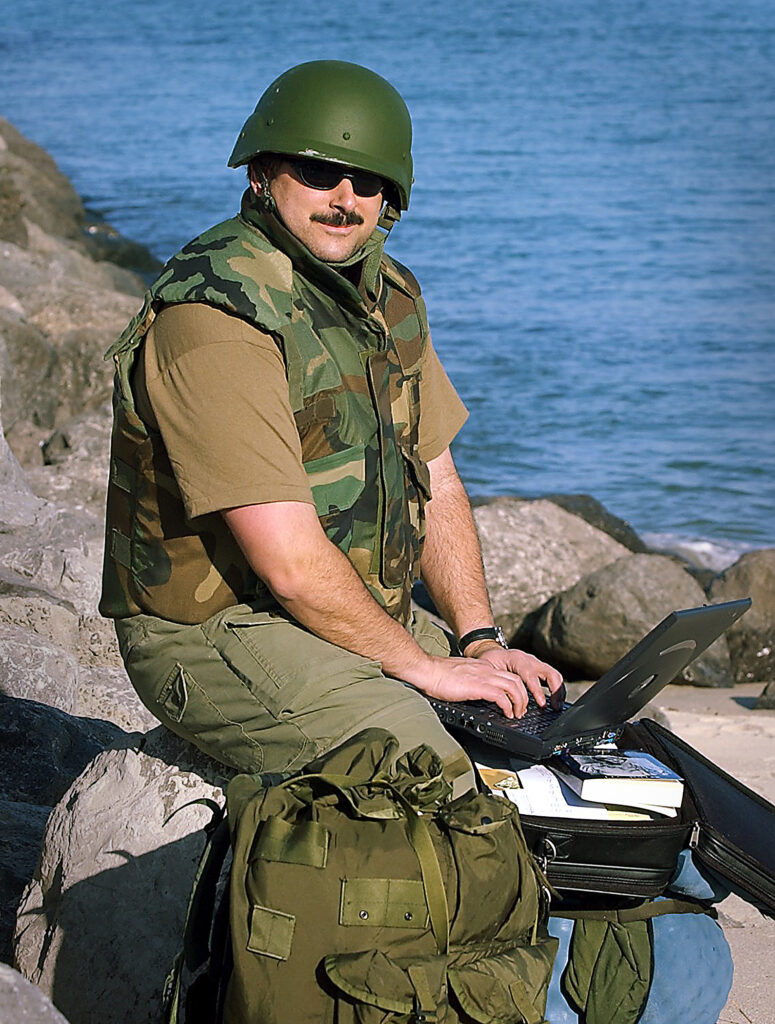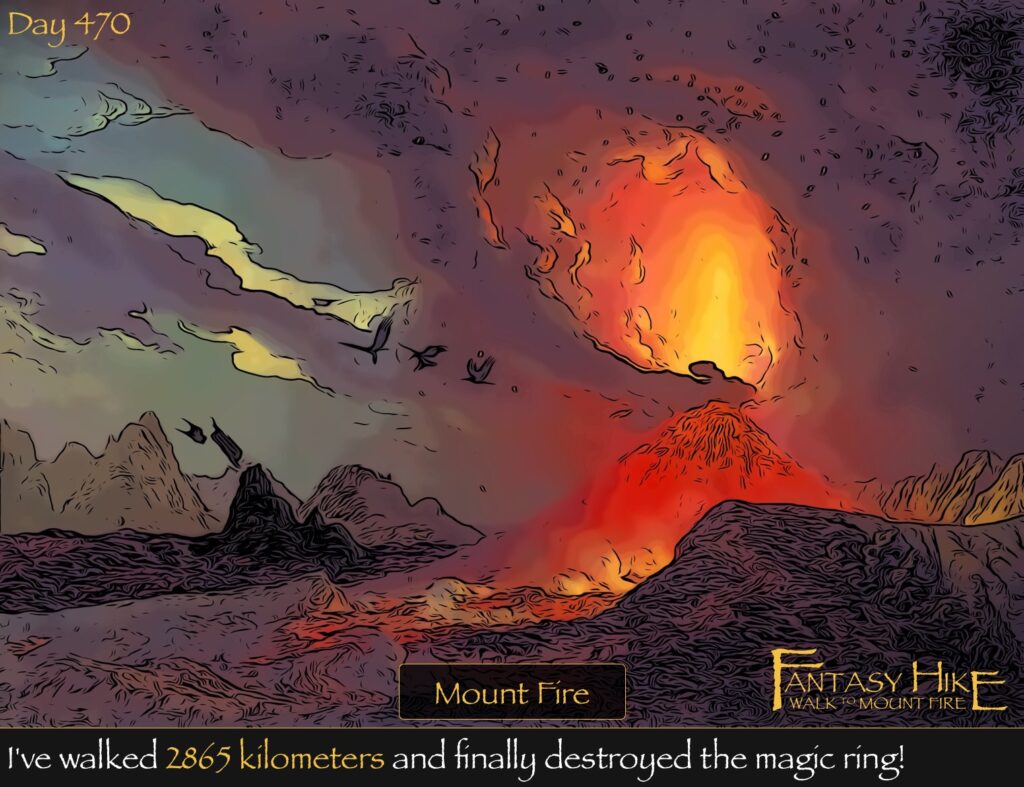
My first day as a professional writer, I lifted a police report from the pile at the Coffeyville station and read “Murder.”
Now, this was a small town, and I was pretty sure this sort of thing was a rarity. I wasn’t sure there had been much in the way of this most heinous of crimes since the one of the Dalton Gang had been convicted of it back in 1892. As this was 90 years later, even as a sparkly new cub reporter, I figured murder was news.
The report had me covered for most of what would make up the first four ‘grafs’ (as we journos call them because we’re busy, and who has time for extra letters), the who, what, when and where. I talked to the detective on the case, but he told me that, seven hours after the shooting, he didn’t have anything to add to his report.
Day one, and I wanted to impress. I wanted more.
It was barely 8 a.m. and deadline wasn’t for 150 minutes.
One advantage of being in a small town in a situation such as this is that it was a small town. I walked the three blocks from the police station to the address of the killing. As it was morning, and, as mentioned, small town, there weren’t really a lot of folks milling about.
Neither Hollywood nor journalism school had prepared me for this eventuality. Essentially, there was a murder, but no one was home, or, in this case, checking out the crime scene.
So I started knocking on doors. I was interrupting breakfasts to ask idiotic questions, “Did you see anything?” or “Did you hear anything?” and “Are you scared knowing this happened on your block?”
After seven or eight doors had been closed in my face (in small towns, they don’t slam doors), I found a single “news source” walking down the otherwise empty sidewalk, glancing over at the police tape. We stood on the sidewalk, even crossed over the crime scene so he could have a closer peak. He told me his thoughts about the matter, his fears. What he feared had happened and what he feared might continue to happen in this place that had once been the sort of place that only had murders when cowboy bank robbing gangs arrived.
We talked for about half an hour. He had to move on at that point, and I was now within 60 minutes of deadline. I rushed back to my new newsroom, grabbed a keyboard and typed as fast as I could. My editor stood over my shoulder, encouraging me to add more.
“Crap,” he yelled. “You lucky bastard. A murder! On your first day! I did that beat for 4 years and didn’t have anything like it.”
It was an odd sort of jealousy.
I added pretty much the entire police report, and most of the words from my lone interview.
About 20 minutes after I stopped typing, I could hear the printing press start to roll. It was a thrill to see my name on the front page of the paper on day one. A real pro, etc.
A couple hours later, urged on by my way too excited editor, I was back at the police station, stopping by the desk of the detective I’d talked to that morning.
“Any news?”
“We got him!”
“No kidding? Already. How’d you find him?”
“We read your article. That guy you interviewed provided a bunch of details that only the killer would have known. Still had the gun on him, and he confessed.”
I chose to take the positive lesson from this experience. I gathered and wrote the details that made a difference. I didn’t focus so much on standing and chatting with an armed killer for half an hour on an otherwise empty street.
But I think it’s a solid lesson, and it applies to fiction and non: Details are what make a story work.
A long-lost friend dropped by recently. Myka was in Berlin for a conference, and found herself with a free evening. We offered her a barbecue, a bed and…



